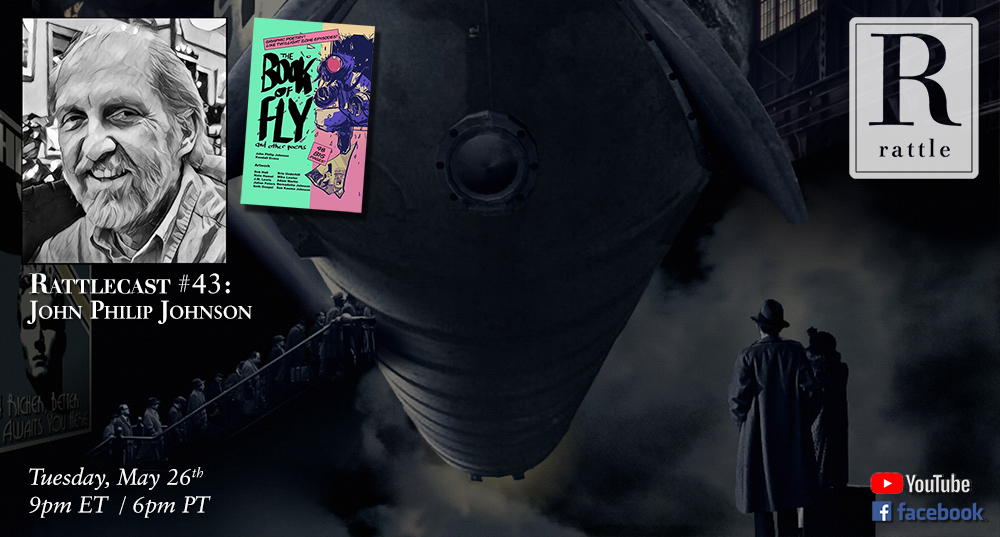July 11, 2013Stairs Appear in a Hole Outside of Town
Stairs that never stop going down,
concrete steps, concrete walls:
down twelve, turn right, down twelve more,
fluorescent bulbs humming on every landing—
you can look between metal railings
and see down into the vanishing point. It’s creepy
because it’s so bland, because it is so otherwise
plausible. There are little clusters of tourists
and townsfolk, walking up and down,
murmuring their speculations. The municipality
has stationed a few policemen in the upper stories,
after that it’s the wilderness of young men
who aren’t huffing, or letting their better judgments
hold them back. Some pack a lunch,
see how far they can go. A few loners
have gone for days, or longer, obsessed, and come back
with critical perspectives on prior stories brought up,
arguing against them, bringing rumors of their own,
rumors of the lights shifting imperceptibly,
of ambiguous odors, of vast ballrooms
and wide open spaces, of small villages
with picnic areas, of hot steamy dioramas of hell,
strange animals, grotesque and sublime,
of a rapture that some theorize is the bends
but they swear is as real as the bright pounding light
that fills everything down that deep, where
the stairs are made of light, the walls a glow
you can’t quite touch—this is weeks down,
beyond some rapture or rupture point,
beyond some point from which they never
really come all the way back.

from #38 - Winter 2012